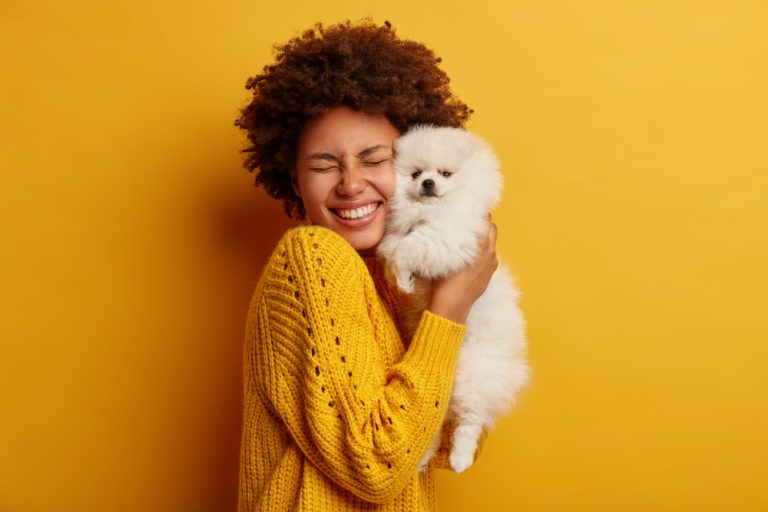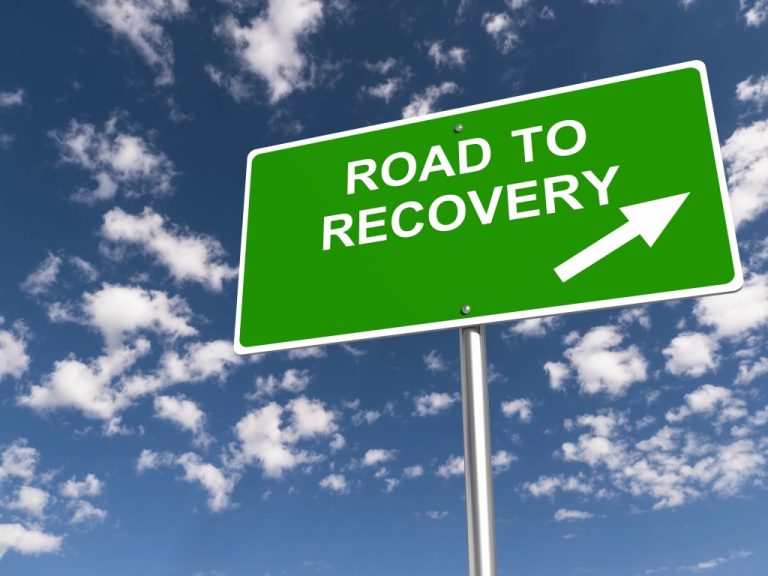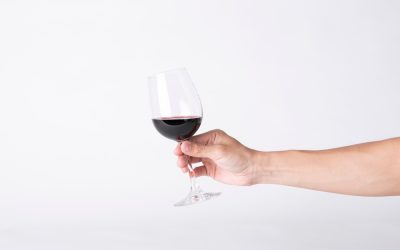2020 research suggests that alcohol impacts the part of sleep known as rapid eye movement (REM). Drinking heavily over time can also disrupt the chemical messengers in the brain, which can affect sleep. Generally, females and older adults are at a higher risk for insomnia. Individuals with mental can’t sleep without drinking health conditions are also more likely to develop insomnia. Fortunately, there are treatments and coping techniques that can help you get better rest, which can help you feel better during alcohol recovery. If you are experiencing sleep problems, be sure to talk to your doctor about your options.
- The quicker you start working on breaking your bad habits, the easier it will be to create a healthier sleep routine.
- The rebound effect is a principal actor in the drama of alcohol withdrawal and the resultant insomnia.
- “If you’re having trouble falling asleep, eliminate it after lunch,” she says.
Let’s talk about your recovery
While the urge to reach for a cup of coffee during withdrawal might be strong, caffeinated drinks can worsen your sleep struggles. Caffeine acts on the nervous system,7 increasing alertness and anxiety and making it harder to sleep. Opt for herbal teas, decaf coffee, natural juices, or water to support your body’s detox process and minimize disruptions during this challenging period. The good news is that you’re not powerless to change your situation.
Remedy #4: Sleep Support
If you suspect that a medical or mental health condition is contributing to your poor sleep, talk to a healthcare provider. The duration of alcohol withdrawal insomnia varies but typically improves over a few weeks. Rehab is instrumental in managing this condition, offering structured support, setting regular sleep schedules, and incorporating relaxation techniques.

What to make of studies suggesting health benefits of drinking

According to the Centers for Disease Control and Prevention (CDC), men should keep alcohol intake to two drinks a day or less and women stick to one drink or less. RISE can send you a personalized reminder for when to stop drinking each night. A 2019 study found eight weeks of CBT-I reduced insomnia in veterans recovering from alcohol dependence. You may also require separate treatments for alcohol insomnia and alcohol dependency. A doctor can talk you through a treatment program to help, such as therapy, medication, or support groups.
Stimulants such as caffeine should be avoided, especially at night. Using electronics like TV or smartphones before bed should also be avoided. Drinking to fall asleep can cause or worsen some health issues over time. These include breathing issues like sleep apnea, which is linked to drinking. It is recommended that alcohol not be consumed in the last four hours before bedtime.
Shaking this addiction and learning to sleep without alcohol can be difficult. The idea of attempting to sleep without alcohol can cause anxiety, which can lead to more drinking, perpetuating the cycle of alcohol abuse. They may believe it reduces their anxiety over the day’s events and helps them get to sleep. If this pattern repeats daily, a person is more likely to become dependent upon alcohol to fall asleep. In an attempt to fall asleep, some people have a drink before bed. One study shows that this is the reason about 10% of people drink alcohol.
However, booze also has a significant impact on your sleep pattern. Your sleep debt is compared against your sleep need — which is the amount of sleep you need. Your sleep need is determined by genetics and it varies from person to person. RISE tracks your sleep debt each night, so you can see whether skipping alcohol is really causing sleep loss.

How to sleep better after drinking alcohol
Over time, sleep deprivation can increase the risk of several chronic health conditions. Insomnia is a sleep disorder that can affect people of all ages. Small amounts of alcohol may cause short-term sleep disturbances, but frequent and large quantities of alcohol consumption may lead to chronic insomnia for certain individuals. Would one experience these alcohol withdrawal symptoms if they drank 2 to 3 drinks a night and then quit cold turkey?
Leave a Reply